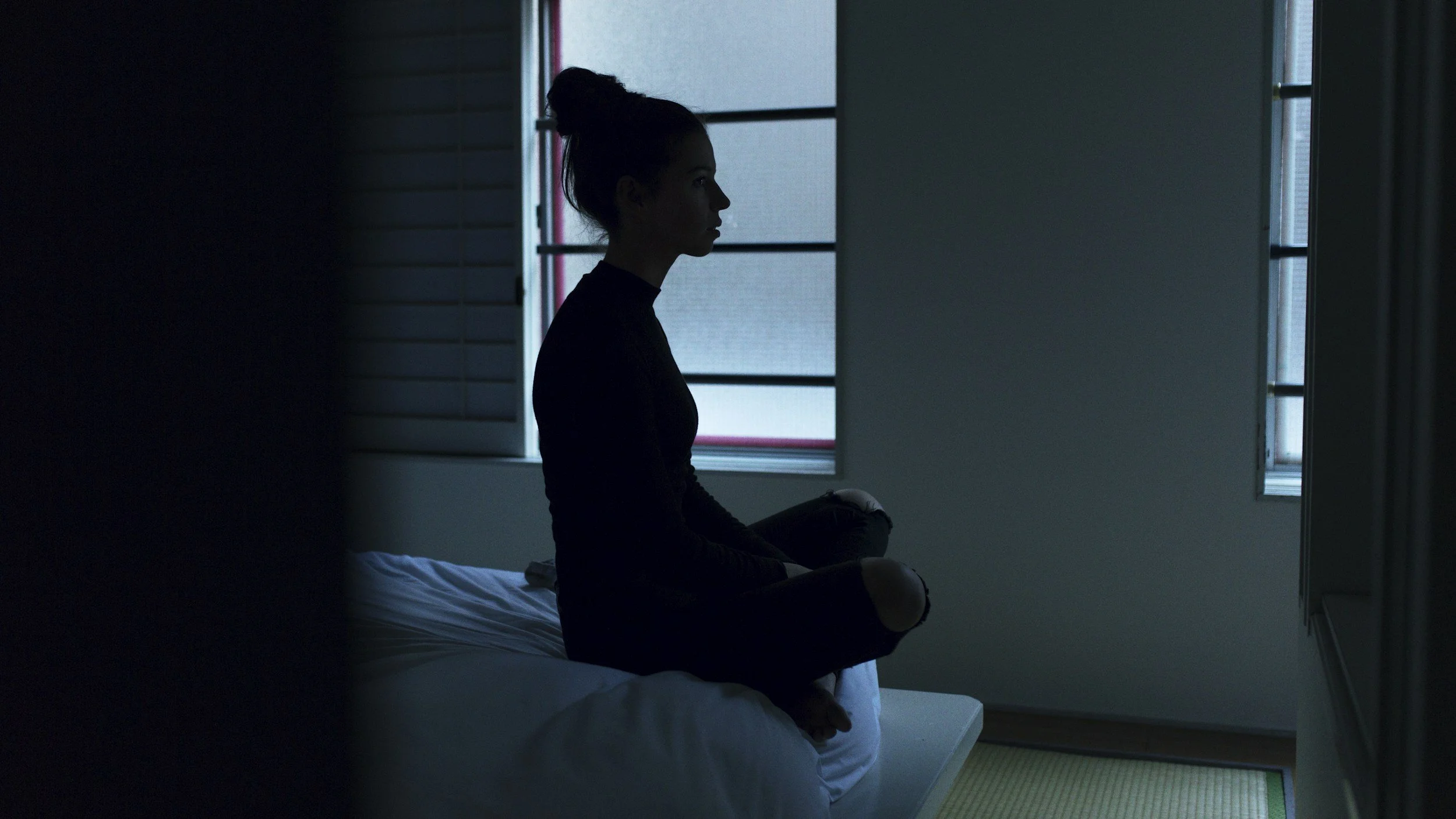
Therapy for Depression
Therapy for Depression: Lifting the Weight You Carry
Depression doesn’t always look the way people expect. It isn’t just “feeling sad”—it can feel like a heaviness that slows everything down. Getting out of bed, going to work, or connecting with loved ones may start to feel like climbing a mountain. For some, this weight is tied to stress, trauma, or major life changes; for others, it shows up without a clear reason. Either way, depression can affect far more than your mood—it can drain your energy, dull your motivation, and leave you feeling cut off from the people and activities you care about most.
If this sounds familiar, you’re not alone. Many people experience depression, and it’s not a sign of weakness or failure—it’s a sign that your mind and body need support. In therapy, we provide specialized treatment for adolescents and adults, drawing on evidence-based approaches that help you find relief, shift unhelpful patterns, and reconnect with yourself and your life in meaningful ways. With guidance and support, it’s possible to move through the fog of depression and toward a life with more clarity, purpose, and hope.
Persistent Sadness and Loss of Interest
Depression often brings an ongoing sense of emptiness or hopelessness. Things that once felt enjoyable or meaningful—spending time with friends, pursuing hobbies, or even simple daily routines—may no longer bring pleasure. This loss of interest can deepen the cycle of withdrawal and sadness.
Low Energy and Motivation
You may feel constantly tired, even after sleep, and struggle to find the motivation to complete tasks. Responsibilities pile up, fueling guilt or shame, which in turn worsens the lack of energy. This is not laziness—these are real symptoms of depression that therapy can help you address with compassion.
Negative Thoughts and Self-Criticism
Depression often distorts the way you see yourself and the world. You might feel like you’re not good enough, blame yourself for things outside your control, or expect the worst about the future. These thought patterns can make depression feel endless, but therapy can help you challenge and shift them.
Changes in Sleep, Appetite, and Focus
Depression can also affect the body, disrupting sleep, appetite, and concentration. Some people sleep too much, while others experience insomnia. Appetite may increase or decrease, and it can be hard to focus on even simple tasks. Therapy helps address both the mental and physical toll of depression.
Common Depression Challenges
Wondering if Therapy is Right for You?
Evidence-Based Approaches That Help
There’s no single way depression shows up—and there’s no one-size-fits-all treatment. That’s why we use a blend of evidence-based approaches tailored to your unique needs and goals. Together, these methods help address not only your symptoms but also the underlying patterns that keep you feeling stuck.
Cognitive Behavioral Therapy (CBT): CBT focuses on identifying and shifting unhelpful thought patterns that fuel hopelessness and self-criticism. By reframing the way you interpret situations, CBT helps you break cycles of negative thinking and find new perspectives.
Acceptance and Commitment Therapy (ACT): Instead of fighting difficult thoughts or feelings, ACT helps you make space for them while still moving toward what matters most. You’ll learn to live more fully in the present, guided by your values rather than by depression’s heaviness.
Internal Family Systems (IFS): Depression often involves inner conflict—parts of you that feel hopeless, critical, or withdrawn. IFS helps you understand and work compassionately with these parts, so they no longer dominate your inner world. Many clients find this approach brings deep insight and emotional healing.
Mindfulness-Based Strategies: Depression can pull you into rumination and worry. Mindfulness teaches you to slow down, observe your experiences without judgment, and respond with greater self-compassion. This helps loosen depression’s grip and reconnects you with moments of calm and clarity.
Together, these approaches create a supportive path toward relief and renewal. Therapy provides a safe place to explore what depression means for you personally, while building skills and resilience that allow you to live with greater balance, energy, and hope.




